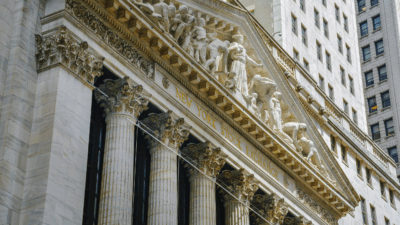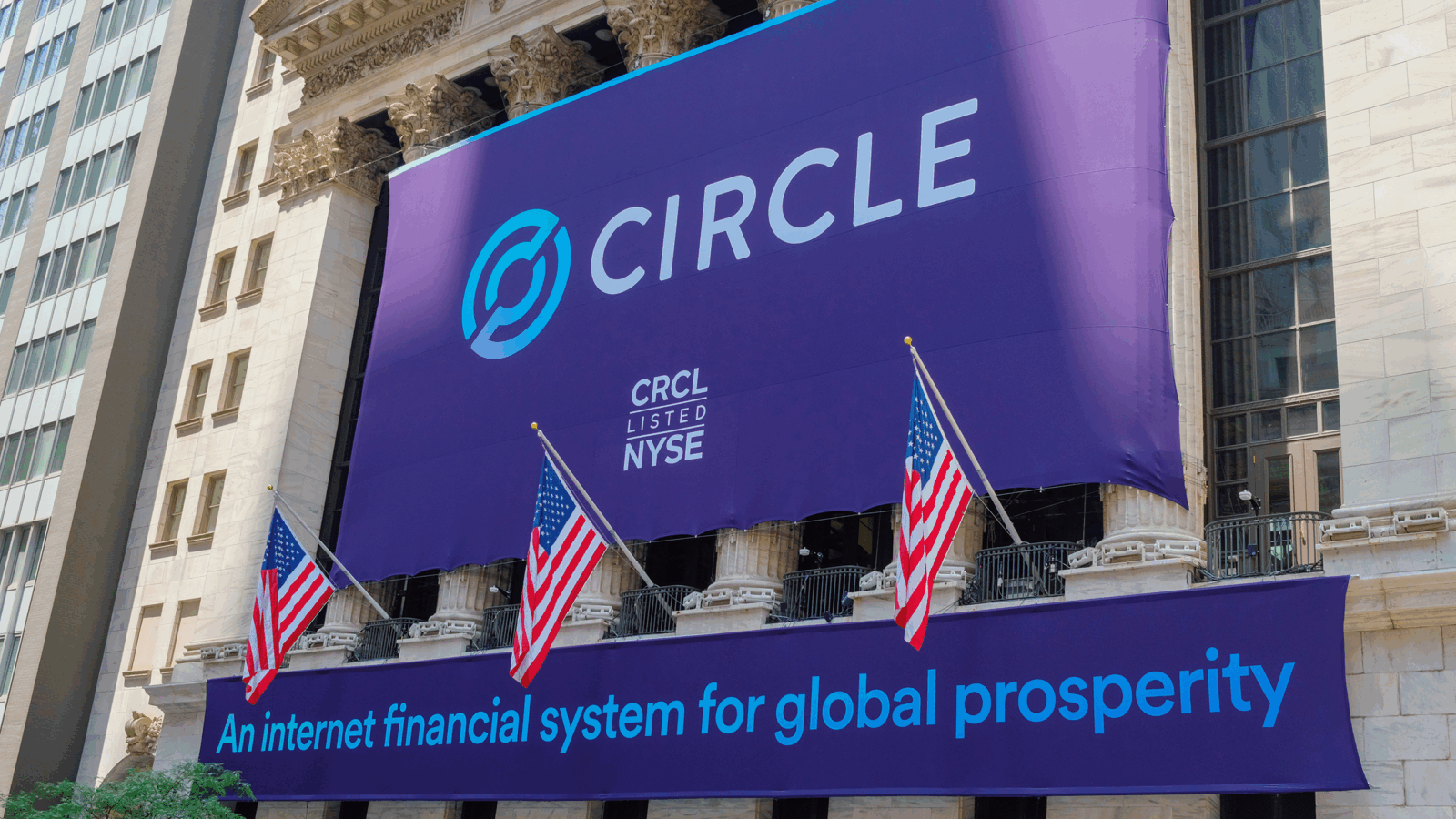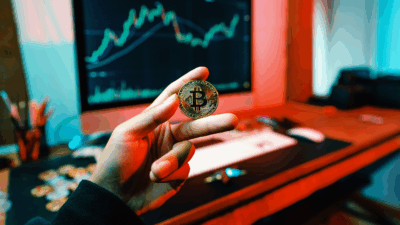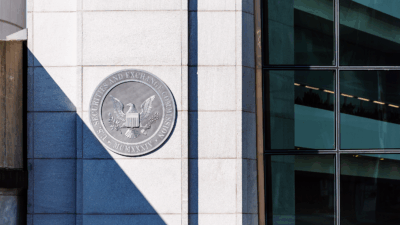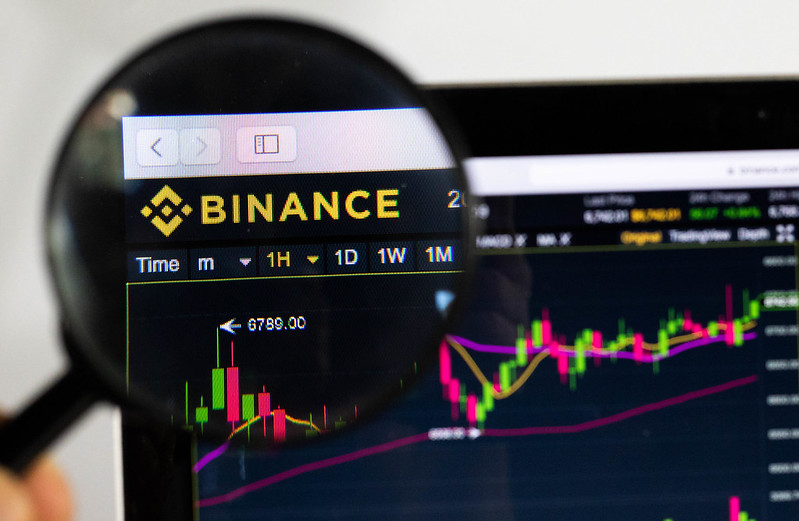
Sign up for smart news, insights, and analysis on the biggest financial stories of the day.
We’ve spent so much time nervously scrutinizing banks lately we’ve almost forgotten about that other financial services industry slowly unraveling under the weight of its own harebrained decision-making.
The cryptocurrency crisis hasn’t gone away. Some four months after the revelation that FTX was a Madoff-on-steroids-sized super-scam, American regulators accused fellow major crypto exchange Binance of shirking rules and problematic business practices on Monday.
Comply and Demand
You’ve got to hand it to cryptopreneurs, who have managed to draw the ire of just about every government regulator. In 2021, the IRS began investigating Binance, the world’s largest crypto exchange, for facilitating money laundering and other illicit activities. The SEC, for its part, has probed whether Binance sells or offers unregistered securities. And now, finally, the Commodity Futures Trading Commission has joined the party, formally accusing the company and CEO Changpeng Zhao of routinely violating derivatives rules and failing to even register with the agency.
In its complaint, the CFTC accused Binance of taking a “calculated, phased approach to increase its United States presence,” alleging that the exchange violated US laws that require futures contracts and other derivatives be traded on regulated platforms. At times, the complaint reads like a parody of a company trying to work around the rules:
- To skirt US regulations, the CFTC alleges that Binance encouraged US customers to employ VPNs to make it appear, digitally at least, that they were operating outside of US borders. That might have prompted Binance’s Money Laundering Reporting Officer (a real job title) to write in a November 2020 company chat “I HAZ NO CONFIDENCE IN OUR GEOFENCING.”
- The agency also alleges that Binance employed Signal, the secure messaging app with end-to-end encryption, to communicate with its high-profile clientele, and also intentionally destroyed documents and records. When asked by the MLRO if there should be concern over Russian customers moving money on the platform to buy weapons, former compliance officer Samuel Lim chatted back, “Like come on. They are here for crime.”
“The defendants’ own emails and chats reflect that Binance’s compliance efforts have been a sham and Binance deliberately chose — over and over — to place profits over following the law,” Gretchen Lowe, CFTC’s Enforcement Division’s chief council, said in a statement. Documents from August 2020 showed Binance earned $63 million in derivatives transaction fees that month, with many customers identified as American.
Bit Happens: It’s tough timing for the dwindling ranks of crypto true believers, who presumably would be riding high amid the old world’s unfurling banking crisis. But not so. Bitcoin, still down some 60% since its November 2021 sugar high, traded at a 10-day low Monday following the CFTC’s allegations against Binance. Hey Matt Damon, should we buy the dip?

